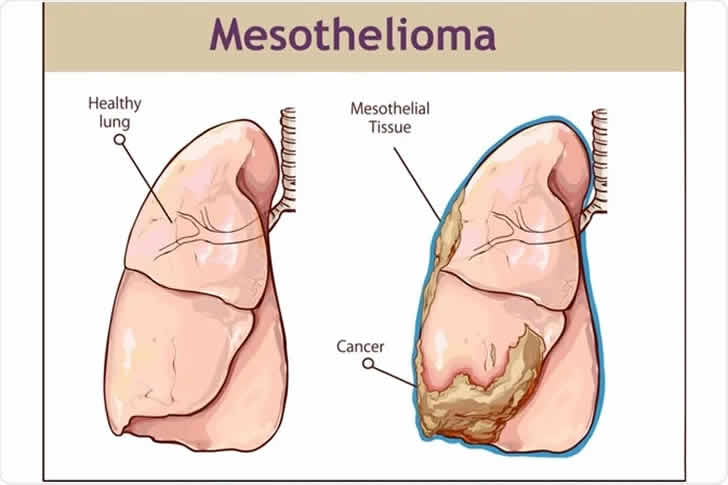Guide to Finding the Best Mesothelioma Treatments
Finding the best mesothelioma treatments is crucial for improving survival rates and enhancing quality of life for those affected by this rare cancer.

Why Focus on Mesothelioma Treatments?
Mesothelioma is an aggressive cancer linked to asbestos exposure. Early and effective treatment can significantly impact prognosis. Here’s why finding the best treatments is essential:
- Increased Survival Rates: Early detection and cutting-edge treatments can extend life expectancy.
- Improved Quality of Life: Targeted therapies can reduce symptoms and side effects, improving daily living.
- Access to Clinical Trials: Innovative treatments may be available through clinical trials, offering new hope.
- Personalized Care: Tailored treatment plans address individual needs, maximizing effectiveness.
How to Find the Best Mesothelioma Treatments
To secure the best treatment options for mesothelioma, consider these strategies:
- Consult Specialists: Seek out oncologists who specialize in mesothelioma for the most informed care.
- Explore Treatment Centers: Research top cancer centers that offer advanced treatment options and multidisciplinary teams.
- Review Clinical Trials: Clinical trials often provide access to new treatments not widely available.
- Evaluate Treatment Options: Discuss the pros and cons of surgery, chemotherapy, radiation, and emerging therapies.
- Consider Support Services: Look for centers that offer holistic care, including nutritional support, counseling, and pain management.
Common Questions and Answers
Q1: What are the main treatment options for mesothelioma?
A1: The primary treatments for mesothelioma include surgery, chemotherapy, and radiation therapy. Emerging options like immunotherapy and gene therapy are also showing promise.
Q2: How do I find a specialist in mesothelioma?
A2: Look for oncologists affiliated with major cancer centers or universities who have experience in treating mesothelioma. Online resources and patient advocacy groups can also provide referrals.
Q3: Can clinical trials offer better treatment options?
A3: Yes, clinical trials often provide access to cutting-edge treatments that are not yet available to the general public, offering additional options for patients.
Example Data on Mesothelioma Treatment Options
is a table comparing different treatment options for mesothelioma, highlighting key factors like survival rate, side effects, and availability.
| Treatment Type | Average Survival Rate (Months) | Common Side Effects | Availability | Success Rate (%) | Cost Range ($) |
|---|---|---|---|---|---|
| Surgery (Extrapleural Pneumonectomy) | 18-24 | Fatigue, pain, infection | Widely available | 50-60% | 50,000 – 100,000 |
| Chemotherapy (Cisplatin/Pemetrexed) | 12-18 | Nausea, hair loss, fatigue | Widely available | 40-50% | 10,000 – 30,000 |
| Radiation Therapy | 12-18 | Skin irritation, fatigue | Widely available | 30-40% | 5,000 – 20,000 |
| Immunotherapy (Keytruda) | 18-24 | Fatigue, rash, diarrhea | Limited | 20-30% | 100,000 – 150,000 |
| Gene Therapy | 24-36 | Inflammation, infection | Clinical trials | 10-20% | Varies (trial-based) |
| Multimodal Therapy | 24-36 | Combined side effects | Cancer centers | 60-70% | 150,000 – 250,000 |
| Photodynamic Therapy | 12-24 | Sensitivity to light | Limited | 20-30% | 50,000 – 80,000 |
| Hyperthermic Intraperitoneal Chemotherapy (HIPEC) | 24-36 | Infection, nausea, fatigue | Specialized centers | 50-60% | 80,000 – 120,000 |
| Targeted Therapy | 18-30 | Nausea, rash, fatigue | Limited | 30-40% | 100,000 – 200,000 |
| Clinical Trials (Various) | Varies | Varies | Trial-based | Varies | Usually free (covered by trial) |
Recommended Resources for Finding Mesothelioma Treatments
For more detailed information and to find the best mesothelioma treatments, visit the following websites:
These resources will help you explore treatment options, connect with specialists, and access support services tailored to your needs.











Recent Comments